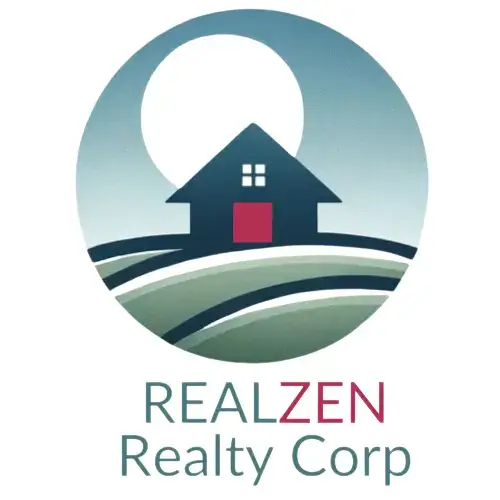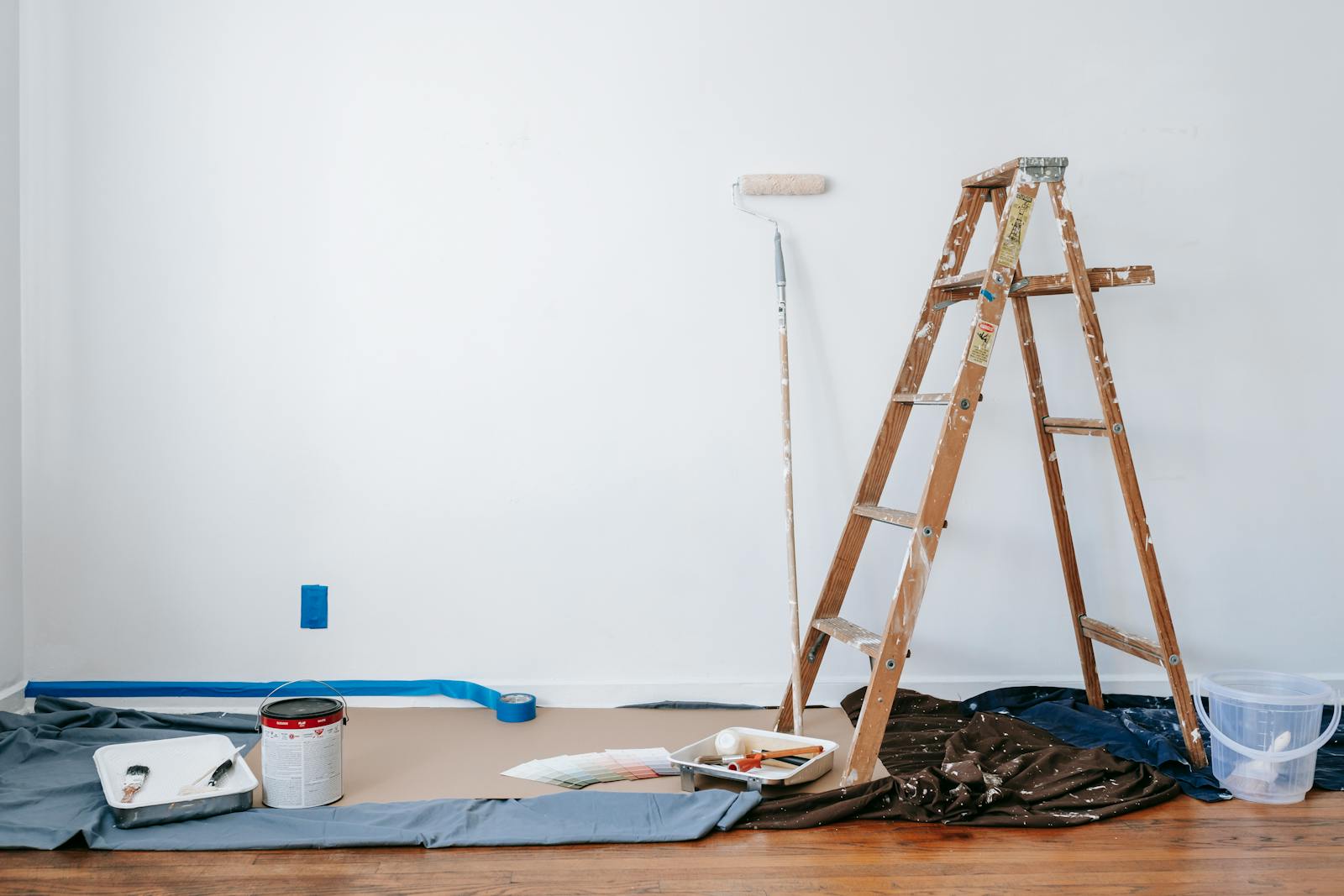When it comes to home renovations, the goal is often to enhance both the aesthetic appeal and the value of your property. Whether you're planning to sell soon or simply want to enjoy a more beautiful living space, certain renovations can significantly boost your home's market value. In this blog post, we'll explore some effective home renovation tips and inspiration specifically tailored for Canadian homeowners. Plus, we'll highlight how Realzen, an AI-powered real estate brokerage, can assist you in making informed decisions about your renovations.
Why Renovate? The Value of Home Improvements
Home renovations can be a smart investment, especially in the Canadian real estate market. According to recent studies, well-planned renovations can yield a return on investment (ROI) of up to 75% or more. This means that for every dollar you spend on renovations, you could see a significant increase in your home's value. Additionally, renovations can improve your quality of life, making your home more comfortable and enjoyable.
Top Renovation Ideas to Boost Your Home's Value
1. Kitchen Upgrades
The kitchen is often considered the heart of the home, and it's one of the first places potential buyers look when evaluating a property. Simple upgrades like new countertops, modern appliances, and updated cabinetry can make a big difference. Consider open shelving or a fresh coat of paint to brighten the space.
2. Bathroom Remodels
A well-designed bathroom can add considerable value to your home. Focus on features like a double vanity, modern fixtures, and energy-efficient toilets. If space allows, consider adding a soaking tub or a walk-in shower for a touch of luxury.
3. Energy-Efficient Improvements
With rising energy costs and a growing emphasis on sustainability, energy-efficient upgrades are highly appealing to buyers. Consider installing new windows, adding insulation, or upgrading to energy-efficient appliances. These improvements not only save money on utility bills but also enhance your home's appeal.
4. Curb Appeal Enhancements
First impressions matter! Improving your home's curb appeal can significantly increase its value. Simple changes like landscaping, painting the front door, or adding outdoor lighting can make your home more inviting. A well-maintained exterior can attract potential buyers and set your home apart in the market.
5. Basement Finishing
In Canada, where space is often at a premium, finishing your basement can provide valuable additional living space. Whether you create a family room, home office, or guest suite, a finished basement can greatly enhance your home's functionality and value.
DIY vs. Hiring Professionals
While some renovations can be tackled as DIY projects, others may require the expertise of professionals. Assess your skills and the complexity of the project before deciding. Hiring a qualified contractor can ensure that the work is done correctly and up to code, which is especially important in the Canadian real estate market.
How Realzen Can Help
Navigating the world of home renovations can be overwhelming, but you don't have to do it alone. Realzen, an AI-powered real estate brokerage, can provide valuable insights into which renovations will yield the best ROI in your specific market. With access to the latest market data and trends, Realzen can help you make informed decisions that align with your goals, whether you're looking to sell or simply enhance your living space.
Conclusion
Home renovations can be a rewarding investment that not only improves your living environment but also increases your property's value. By focusing on key areas like the kitchen, bathroom, and energy efficiency, you can make impactful changes that resonate with potential buyers. Remember, whether you're planning a major overhaul or a few simple updates, Realzen is here to guide you through the process and help you maximize your investment..
By following these tips and leveraging the expertise of Realzen, you can ensure that your home renovations are not only enjoyable but also financially rewarding. Happy renovating!













